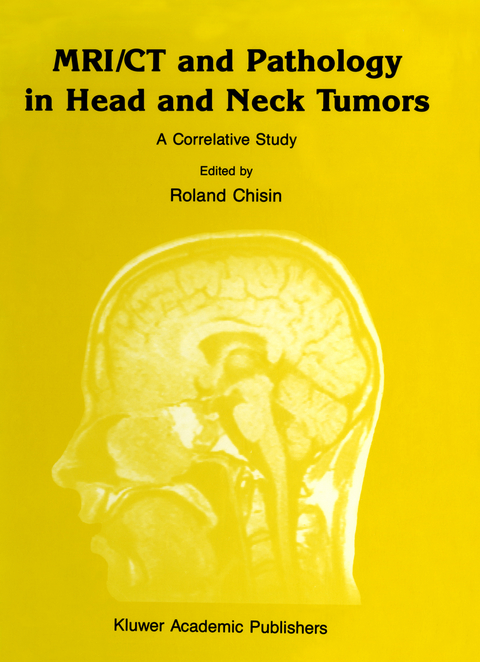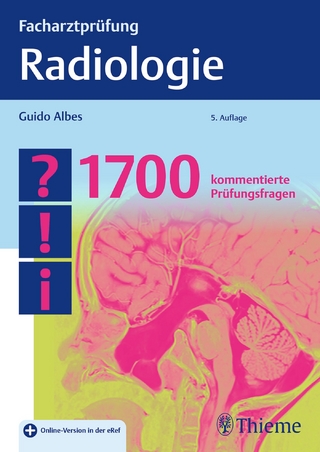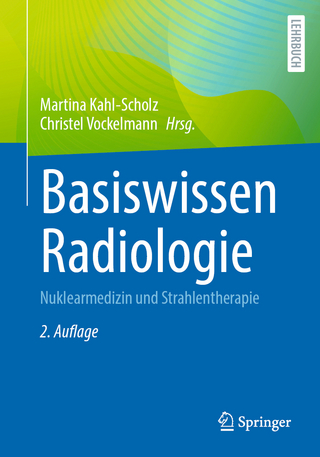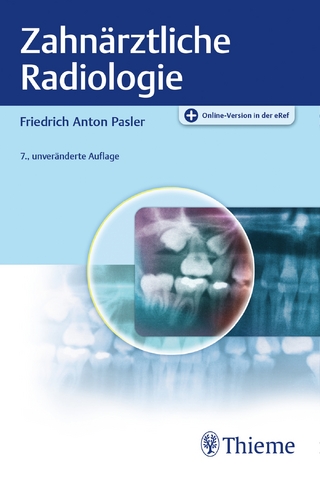
MRI/CT and Pathology in Head and Neck Tumors
Springer (Verlag)
978-94-010-6916-8 (ISBN)
tic knowledge, a multidisciplinary approach is indis Over the past 60 years, radiology has progressively uncovered the human body. At first a fleshless skele pensable: clinicians, radiologists, surgeons, radio therapists, and pathologists must all contribute their ton for global study, the body then appeared in slices, until with present techniques its smallest respective inputs for every patient referred. More over, experience is acquired through knowledge of structures are revealed. The physician at the com cases whose diagnosis is certain, and with which new puter console is constantly amazed at the never ending series of organ sections and their mUltiple cases can be compared. In this way a data base is created, whether in the physician'S memory or in images arising through manipulation of the signal. Cerebral convolutions, orbital content, bone mar that of the computer, which is helpful in making row, the face and all its bones can now be made visi diagnoses. ble without any danger to the patient. A lesion can be detected, located and identified; it can be ob Dr.
One: Introduction.- Two: Technical Considerations.- 2.0 Summary.- 2.1 The nuclear magnetic resonance (NMR) phenomenon.- 2.2 Relaxation and magnetic relaxation times.- 2.3 Location of magnetic resonance signal.- 2.4 Pulse sequences.- 2.5 Image contrast.- 2.6 Signal-to-noise ratio (S/N), spatial resolution and imaging time.- 2.7 Image acquisition time.- 2.8 MR signal characteristics of soft tissues.- References for Chapter Two.- Three: Case Presentations.- A. Orbital and paraorbital regions.- B. Paranasal sinuses, including nasal cavities.- C. Temporal bone/base of skull.- D. Salivary glands.- E. Nasopharynx.- F Oropharynx and oral cavity.- G. Larynx.- H. Hypopharynx.- I. Parapharyngeal space.- J. Neck.- References for Chapter Three.- Four: Mri Strategy in Evaluating Head and Neck Tumors.- 4.1 Introduction.- 4.2 Optimum MR imaging parameters.- 4.3 MR and head and neck imaging, according to anatomic areas.- 4.4 Gadolinium-DTPA for MR imaging in the head and neck.- 4.5 Unresolved problems.- References for Chapter Four.- Five: Conclusions.
| Reihe/Serie | Series in Radiology ; 18 |
|---|---|
| Mitarbeit |
Sonstige Mitarbeit: Alfred L. Weber |
| Zusatzinfo | 189 p. |
| Verlagsort | Dordrecht |
| Sprache | englisch |
| Maße | 210 x 280 mm |
| Themenwelt | Medizin / Pharmazie ► Medizinische Fachgebiete ► Mikrobiologie / Infektologie / Reisemedizin |
| Medizin / Pharmazie ► Medizinische Fachgebiete ► Onkologie | |
| Medizinische Fachgebiete ► Radiologie / Bildgebende Verfahren ► Radiologie | |
| ISBN-10 | 94-010-6916-6 / 9401069166 |
| ISBN-13 | 978-94-010-6916-8 / 9789401069168 |
| Zustand | Neuware |
| Haben Sie eine Frage zum Produkt? |
aus dem Bereich


